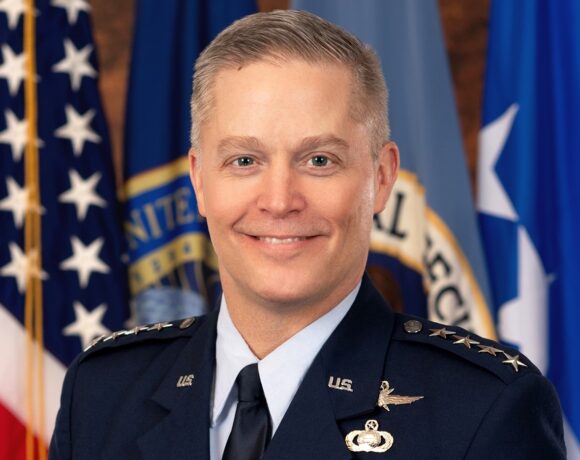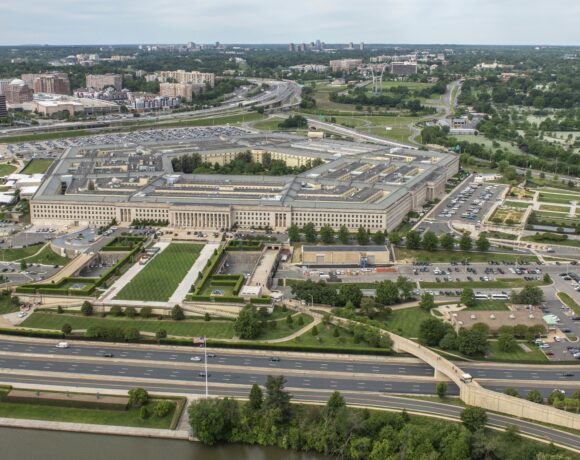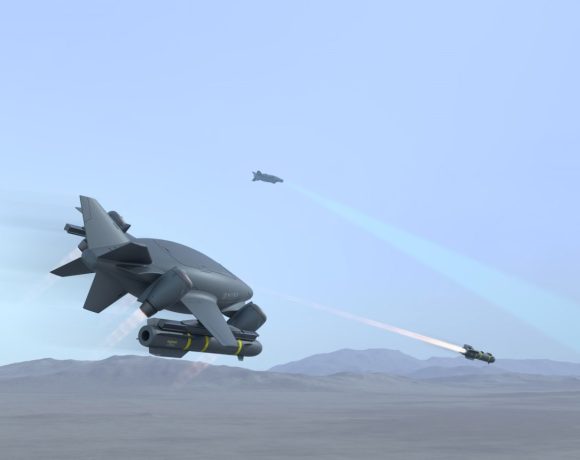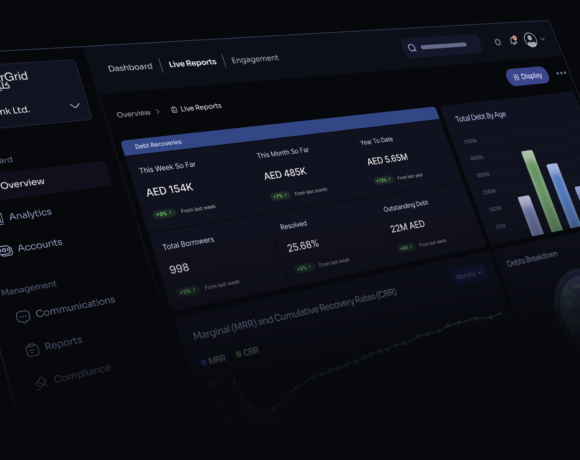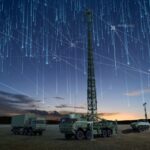Hegseth urges NATO allies to increase their defence spending
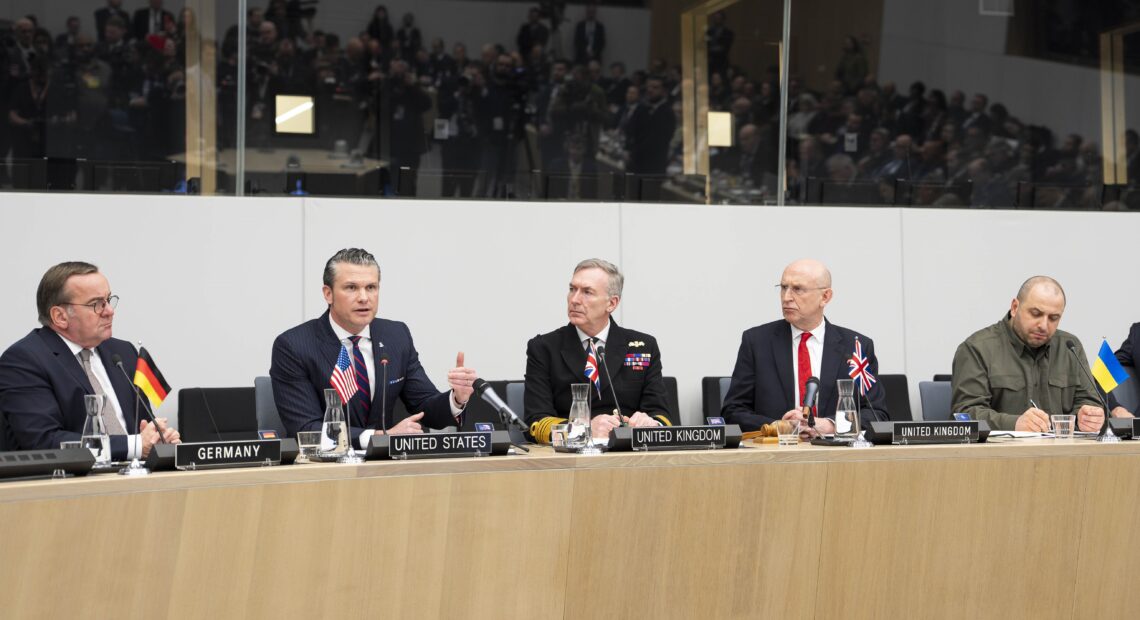
‘US troops will not deploy to Ukraine’
US Defence Secretary Pete Hegseth has called on NATO allies to increase their defence spending and ensure security for Ukraine and Europe. Hegseth stated that the US does not believe NATO membership for Ukraine would be a “realistic” outcome of any negotiated peace settlement with Russia.
Hegseth addressed the ongoing war in Ukraine and broader European security concerns while delivering opening remarks at Brussels’s 26th iteration of the Ukraine Defence Contact Group (UDCG).
The UDCG, founded in response to Russia’s unprovoked invasion of Ukraine on February 24, 2022, is a coalition of approximately 50 nations that convene regularly to discuss Ukraine’s security needs.
“We are in a critical moment. As the war approaches its third anniversary, our message is clear: The bloodshed must stop, and this war must end,” Hegseth told the group.
As an alternative to granting Ukraine NATO membership, Hegseth stated that any security guarantees for Ukraine “must be backed by capable European and non-European troops.”
“If these troops are deployed as peacekeepers to Ukraine at any point, they should be deployed as part of a non-NATO mission, and they should not be covered under Article 5 [of the NATO treaty],” Hegseth said, adding that there must be robust international oversight of the line of contact.
“To be clear, as part of any security guarantee, US troops will not be deployed to Ukraine,” he added.
Watch the video here:
Hegseth further stressed that durable peace in Ukraine can only be achieved by combining allied military strength with a pragmatic battlefield assessment. He cautioned against seeking a return to Ukraine’s pre-2014 borders, calling it an “unrealistic objective.”
“Chasing this illusionary goal will only prolong the war and cause more suffering,” he said.
Calling on UDCG members to “meet the moment,” Hegseth urged European NATO allies to consider safeguarding European security as an “imperative” and to take the lead in providing both lethal and nonlethal aid.
“This means donating more ammunition and equipment, leveraging comparative advantages, expanding your defence industrial base and—importantly—levelling with your citizens about the threat facing Europe,” Hegseth said.
He aligned with US President Donald J. Trump’s stance that NATO nations should raise their defence spending from 2% of their gross domestic product (GDP) to 5%.
“Increasing your commitment to your security is a down payment for the future; a down payment … [on] peace through strength,” Hegseth told the group.
Hegseth underscored that the US must prioritise securing its borders while simultaneously addressing China as a peer competitor with “the intent to threaten our homeland and core national interests in the Indo-Pacific.”
“As the United States prioritises its attention to these threats, European allies must lead from the front,” Hegseth said. “We ask each of your countries to step up on fulfilling the commitments that you have made, and we challenge your countries—and your citizens—to double down and recommit yourselves not only to Ukraine’s immediate security needs but to Europe’s long-term defence and deterrence goals,” he continued.
Although Hegseth insisted that European allies must assume greater responsibility for the continent’s security to ensure NATO’s longevity, he reaffirmed US commitment to its European partners.
“The United States remains committed to the NATO alliance and the defence partnership with Europe, full stop,” he said.
However, he stressed that the US would no longer tolerate an imbalanced relationship that fosters dependency. The US would prioritise empowering Europe to take charge of its security.
“Honesty will be our policy going forward—but only in the spirit of solidarity,” Hegseth concluded.
Image: US Defence Secretary Pete Hegseth (second from left) delivers opening remarks during the 26th iteration of the Ukraine Defence Contact Group at NATO Headquarters in Brussels on February 12, 2025. Credit: US Navy

